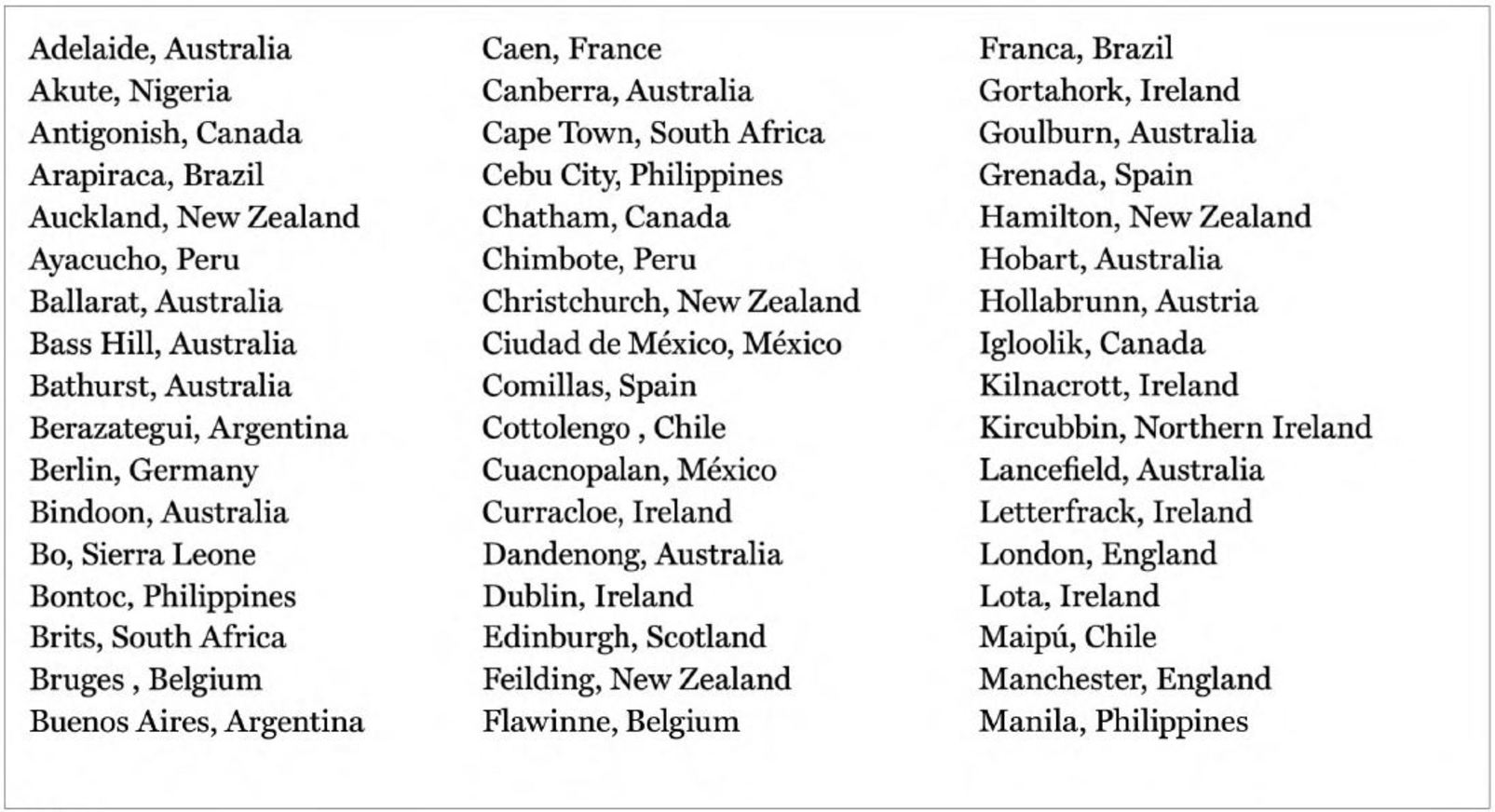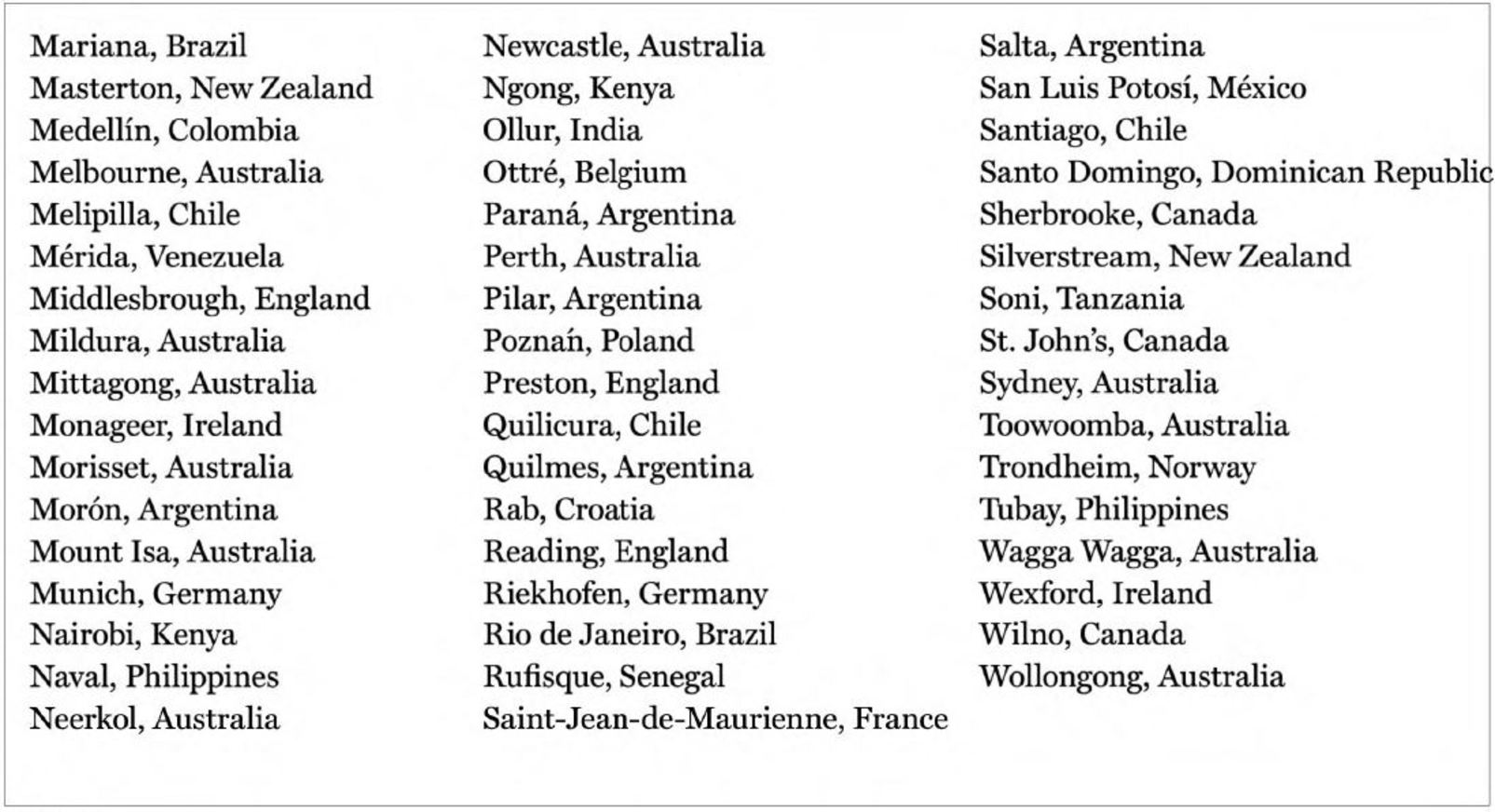Investigative journalism is defined as “
a form of journalism where reporters go in-depth to investigate a single story that often uncovers secrets, corruption, reviews government policies or draws attention to social issues.” They do this in-depth reporting by making use of archives and public records. They also interview experts and victims of wrongdoing to uncover the truth.
This type of reporting requires an entire team behind it, consisting of multiple reporters and editors. This is because the volume of research is simply
too much for one single journalist to handle. The large team also ensures that personal perspectives of the journalists are left out of the story, with each person checking the other’s work and keeping the main narrative objective.
These stories often take months — if not
years — to complete due to the intense focus on a story.
Here are three reasons why investigative journalism is important:
1. Investigative journalism holds power to account
Investigative journalists have the responsibility of ensuring that those in power are not corrupt and do not abuse their power. This is a vital part of a democracy and free press as, without the media holding power to account, the public will never be aware of what decisions politicians are making behind closed doors, which may affect the public.
While this is the job of the entire media, investigative journalism does this in a much more in-depth and detailed way.
In South Africa during 2017, the
#GuptaLeaks were revealed to the public thanks to investigative reporters. Leaked Gupta emails were obtained by
Sam Sole, a reporter from
amaBhungane Centre for Investigative Journalism.
The scandal later resulted in the State Capture Inquiry that is still ongoing today. The uncovering of the emails and the reporting of it to the public subsequently led to the resignation of the president, Jacob Zuma, who is now facing corruption charges.
Without this investigative work from Sole, the public would have never found out about the Zuma-Gupta relationship and subsequent state capture.
2. It exposes wrongdoings
It is not just political issues that are covered by investigative journalists, it also uncovers the wrongdoings of a person or certain groups of people. In this instance, reporters focus on illegal activities, especially those that affect a community of people.
An example of this would be
The Boston Globe’s exposé of the
child sexual abuse by members of the Catholic clergy.
Before the publication of the exposé, members of the clergy were accused of sexual abuse. However, they were seen as isolated events instead of as a broader issue. This is due to the fact that there was no evidence to suggest a consistent pattern of clergy abuse or of a cover-up by the church; when a priest was accused, they would simply be moved around without informing the authorities.
In 2002, a team of investigative journalists from
The Boston Globe started looking into the issue, uncovering widespread abuse of children by Catholic clergymen within Boston. They also uncovered that the church knew about the abuse and orchestrated a cover-up.
The publication of the exposé revealed the issue to the public and resulted in cases being brought against the church. Around
$13-billion in settlement payments were awarded to survivors of the abuse and a widespread awareness about the epidemic within the church was created.
Since then, more abuse cases have been brought forward in hundreds of countries.

 This list shows where major abuse scandals by the church have been uncovered outside of the United States of America.
This list shows where major abuse scandals by the church have been uncovered outside of the United States of America.
Images sourced from BishopAccountability.org
It is for this reason that investigative journalism is essential to society. It uncovers wrongdoing, and by doing so, it opens the door for similar issues being uncovered. It also informs people about the issues and gives the victims a voice.
3. Investigative journalism encourages debate
When investigative pieces are released, they can often spark outrage. This then opens up a discussion as to why these things are happening, or were allowed to happen, and what can be done to stop it from happening again.
There have been many times when public debate sparked by an investigative piece has pressured those in power to take action. This action may not have happened without the work of investigative journalists.
One such example of this was
Carte Blanche’s dance school sex grooming story. This exposé was about a well-known dance school, Tebogo Kgobokoe Arts Academy, which had allegations of sexual assault and grooming by two former teachers at the school.
The victims and some of the perpetrators were underaged at the time. Only days after the story broke on
Carte Blanche in October 2019, the Gauteng education Member of the Executive Council, Panyaza Lesufi, announced that the school was actually operating illegally and would be shut down.
This shows that the
Carte Blanche story created a conversation among those in power and sparked huge outrage among the public. This conversation and outrage lead to the closure of the school and further investigation into the perpetrators of these crimes.
What pieces of investigative journalism made a difference to your community and why? Let us know in the comments section below.
That was exciting, wasn’t it? To get more insightful stories delivered straight to your inbox, sign up to our newsletter.
Social media has brought about an entirely new category of reporting — citizen journalism. Check out our article to find out How social media drives citizen journalism.
*Image courtesy of Vecteezy